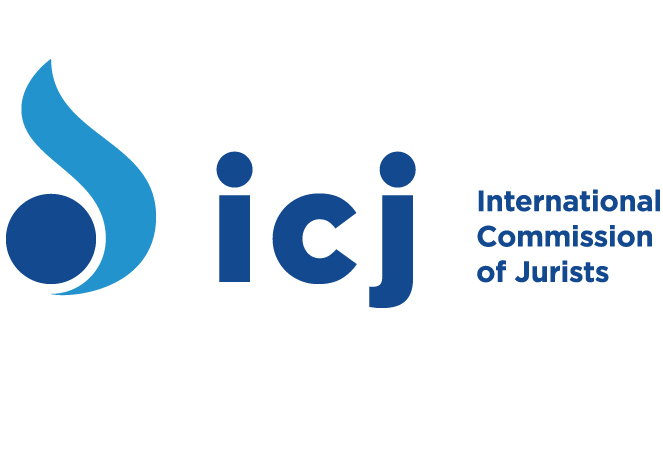 Victims of human rights abuses have broken new legal ground by winning a civil suit against the former Philippines dictator Ferdinand Marcos, the ICJ said today.
Victims of human rights abuses have broken new legal ground by winning a civil suit against the former Philippines dictator Ferdinand Marcos, the ICJ said today.
The suit was filed against the Marcos estate by 34 individuals and 10,000 class action plaintiffs for torture, arbitrary detention, disappearances and extra-judicial executions committed during his regime. The jury at the US District Court in Hawaii determined on 24 September that Mr. Marcos was linked to the abuses and that the victims were entitled to compensation.
David Matas, a barrister from Winnipeg and a member of the ICJ’s Canadian Section, observed the trial.
The case represents an innovative manner of obtaining compensation for victims of human rights abuses and serves notice that perpetrators of the abuses can be held accountable.
It also has set a number of legal precedents:
- For the first time a class action has been used as a remedy for international human rights violations. The suit comes under the US Alien Torts Law and the recent Torture Victims Protection Act. The Alien Torts Law gives the US courts jurisdiction to award damages for international human rights violations even if the wrongdoing was not committed in the United States. Mr. Marcos moved to Hawaii after he was ousted from power in 1986 and he died there in 1989.
- This is the first Alien Torts case involving a former head of state. Despite defence objections, the Federal Court of Appeals ruled that immunity applied only to heads of state still in power.
- This is the first time in victim compensation litigation that a restraining order was served against Swiss banks to prevent them from transferring assets. Imelda Marcos acknowledged in preliminary proceedings that the estate has $320 million in two banks in Switzerland. The plaintiffs obtained the order against the estate and its agents.
The plaintiffs are seeking $11 billion in damages. The amount of the award will be decided in the secondary phase of the trial at which US District Judge Manuel Real of Los Angeles is presiding.
According to the suit, more than 7,000 people were tortured, 2,500 were executed and 750 disappeared during 14 years of martial law.
The International Commission of Jurists (ICJ), headquartered in Geneva, is a non-governmental organization in consultative status with the United Nations Economic and Social Council, UNESCO, the Council of Europe and the OAU. Founded in 1952, its task is to defend the Rule of Law throughout the world and to work towards the full observance of the provisions in the Universal Declaration of Human Rights. The ICJ has been a driving force behind the adoption of numerous international declarations and standards including the UN Basic Principles on the Role of Lawyers, the UN Basic Principles on the Independence of the Judiciary, the European Convention Against Torture and the African Charter of Human and Peoples’ Rights. It is composed of 31 distinguished jurists from around the globe and has 75 national sections and affiliated organizations.




